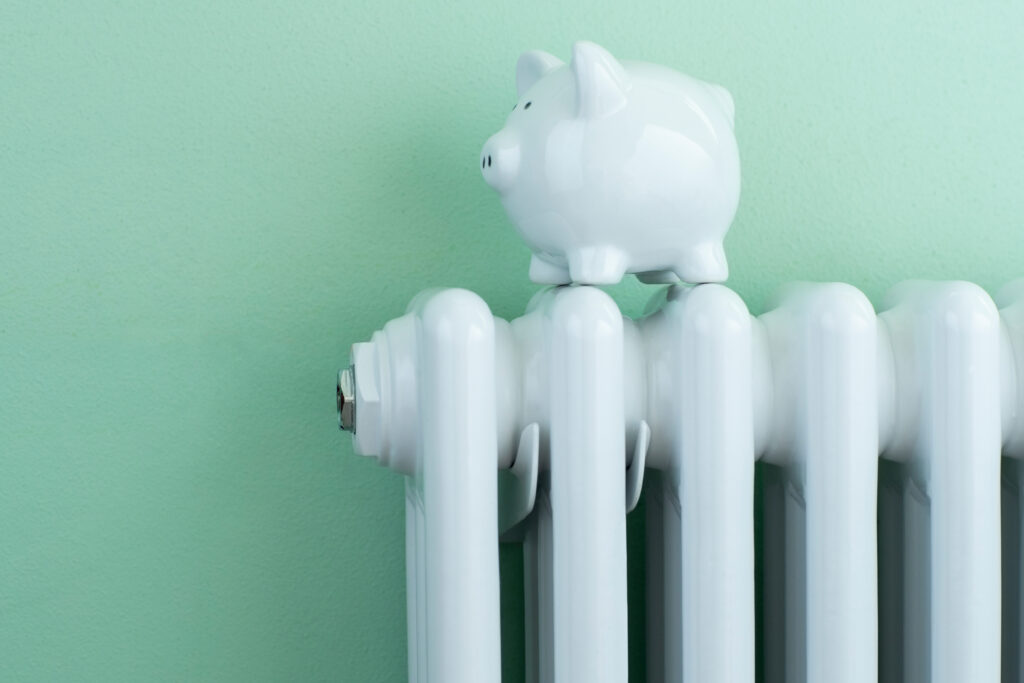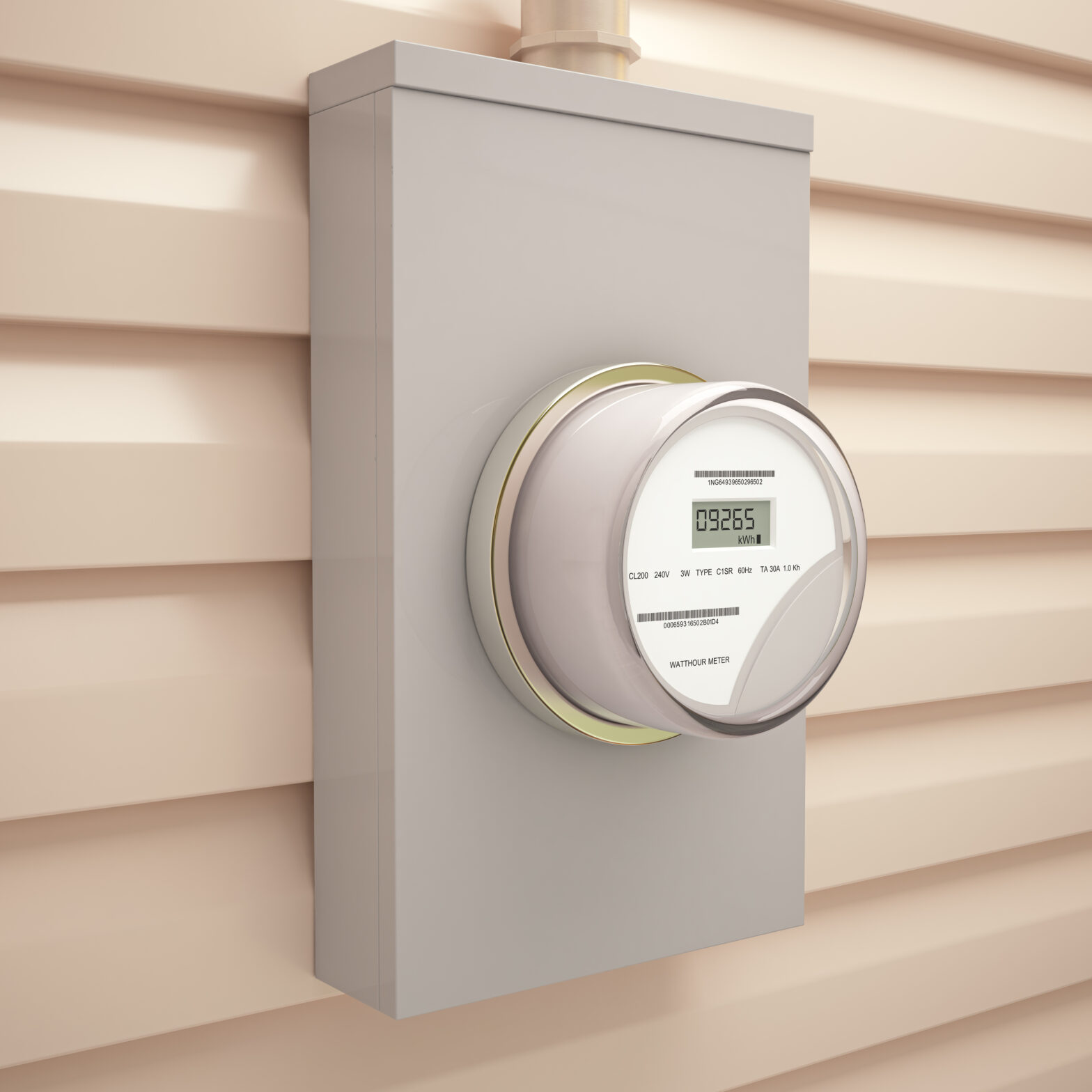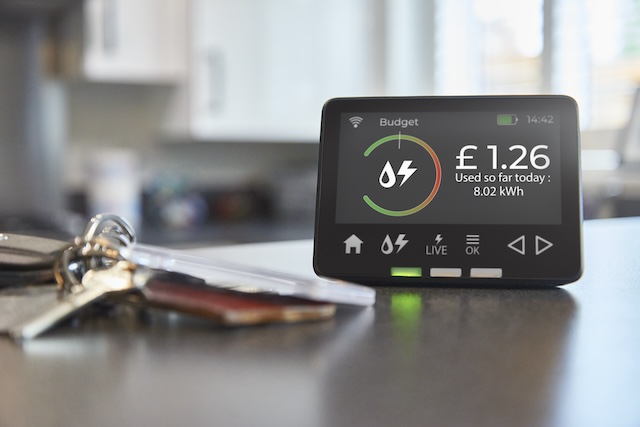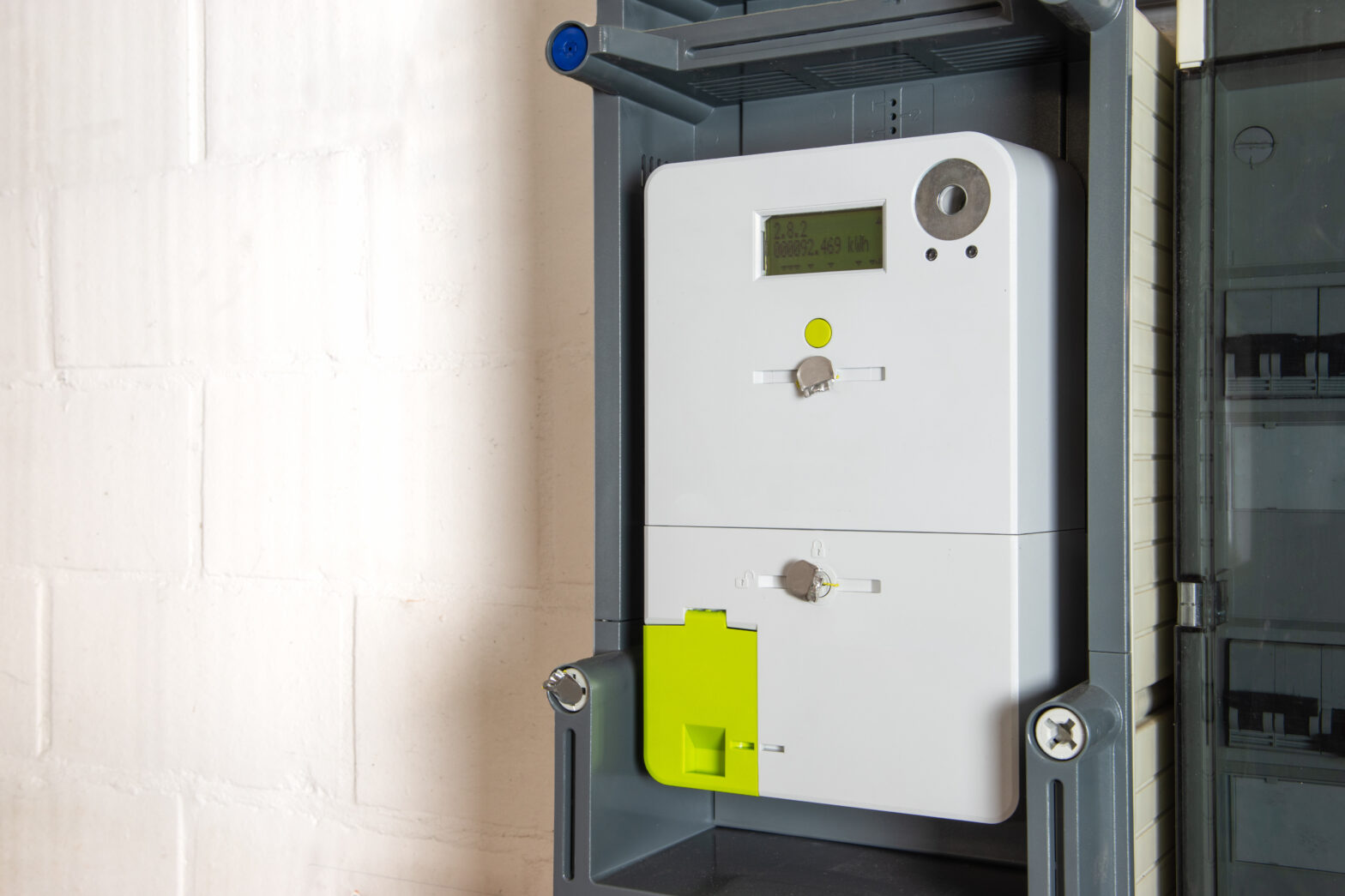Finding even small ways to save money on your business energy bills can make a big difference in the long term, and lowering your average energy bill is a good place to start.
That said, even though managing energy costs is achievable, many businesses don’t make it a priority, or don’t do so in the most effective way, due to some commonly held misconceptions.
You might think lowering costs simply means cutting down on usage, and that reduction implies sacrifice – but it doesn’t have to, and there are many other creative ways to reduce your average business energy bill.
In this article, we’ll bust five enduring myths about how to lower your business energy bills and demonstrate why getting a smart meter is one of the most business-positive choices you can make.
Myth 1: My energy will cost more if I have a smart meter
The smart meter rollout is currently underway for small businesses across the UK. However, many business owners mistakenly think they could increase the cost of their bills.
But this isn’t usually the case (unless your supplier has been underestimating your usage). Your energy bills could even cost you less after installing a smart meter if your supplier has been overestimating how much you use.
This accuracy simply means your bills are fairer and more transparent, and understanding your bill is even easier – no more estimated billing.
And, in fact, by giving you a clearer picture of how your business is using energy, your smart meter can help efforts to reduce costs.
Myth 2: Switching suppliers is more hassle than it’s worth
Many business owners think that the effort required to switch energy suppliers is more hassle than it’s worth. Some even think it will end up costing more.
On the contrary, switching suppliers might be one of the most effective things you can do to reduce your energy bills.
You should always have one eye on the market to see if you can find a cheaper tariff elsewhere. Then, provided you’re out of contract or you’re on a deemed contract (one you didn’t choose), you can make the switch. Your current supplier may even offer you a better deal in response, but you’re under no obligation to stick with them.

Myth 3: Energy-efficient equipment is expensive
Rather than trying to remember (and remind people) to constantly switch off lights and their devices, energy-efficient equipment makes it easy to reduce business usage.
And while some businesses think that investing in such equipment is too expensive, in the long run, it could save you money on your average business energy bill.
An energy management system is a great example. It manages and optimises how your business hardware uses electricity without affecting performance. Similarly, smart power strips automatically switch off equipment if it’s been left on standby for a certain period of time.
Timer switches can be used in the same way to automatically turn off lights at the end of the working day. And sensors are also useful, especially in rooms that are infrequently used like bathrooms and store cupboards.
Alternatively, simply buying newer equipment can save energy and, therefore, cut down on bills. For example, new laptops use less energy than ancient desktops and can be hooked up to a monitor for a more practical desk setup.
Finally, relying on cloud computing is also an excellent way to save money on your energy costs. By outsourcing the hosting of your key business systems to third parties, you use less energy managing and maintaining expensive hardware on your business premises.
All that said…
Myth 4: Technology can do all the work
However, that doesn’t mean you should completely disregard good energy-saving habits. Instilling a culture of switching off equipment and lights when not in use is always a good policy. Training your staff to be mindful of energy consumption can be as important as upgrading equipment.
Myth 5: Energy saving means sacrificing performance
Another myth is that, by cutting down on energy, you’re sacrificing the performance of your business on the altar of cost savings.
But that is absolutely not the case. As we’ve seen, lowering your business energy bills doesn’t have to come in the form of reducing the amount of energy available to power your progress; it just means making smarter and more efficient choices about where you get your energy from and how you use it.
And this pays dividends. By saving on energy costs, you free up cash that could be put to more effective use elsewhere, actually helping you to achieve your goals faster. Not only that, making energy cost reduction a critical goal, and incentivising your team to drive together towards energy efficiency targets, feeds into the creation of a goal-oriented, collaborative culture.
Finally, in the modern economy, where many consumers’ spending habits are influenced by their desire to see businesses actively pursuing a green agenda, demonstrating energy-efficient practices can boost customer loyalty and, in turn, revenue.
To sum up
We hope that, by dispelling these five misconceptions, we’ve shown you that lowering your average business energy bill is an achievable and effective strategy to save your company some much-needed money.
And by embracing energy-efficient practices and technologies, and understanding that energy conservation is an ongoing effort, businesses can not only save money on energy expenses, but increase their sustainability and contribute to a brighter, greener future.
If you’re interested in installing a smart meter at your workplace, you can find out more here.
This article is part of a paid-for information campaign for Smart Energy GB.
See also: What can your small business do to help achieve net zero by 2050?





